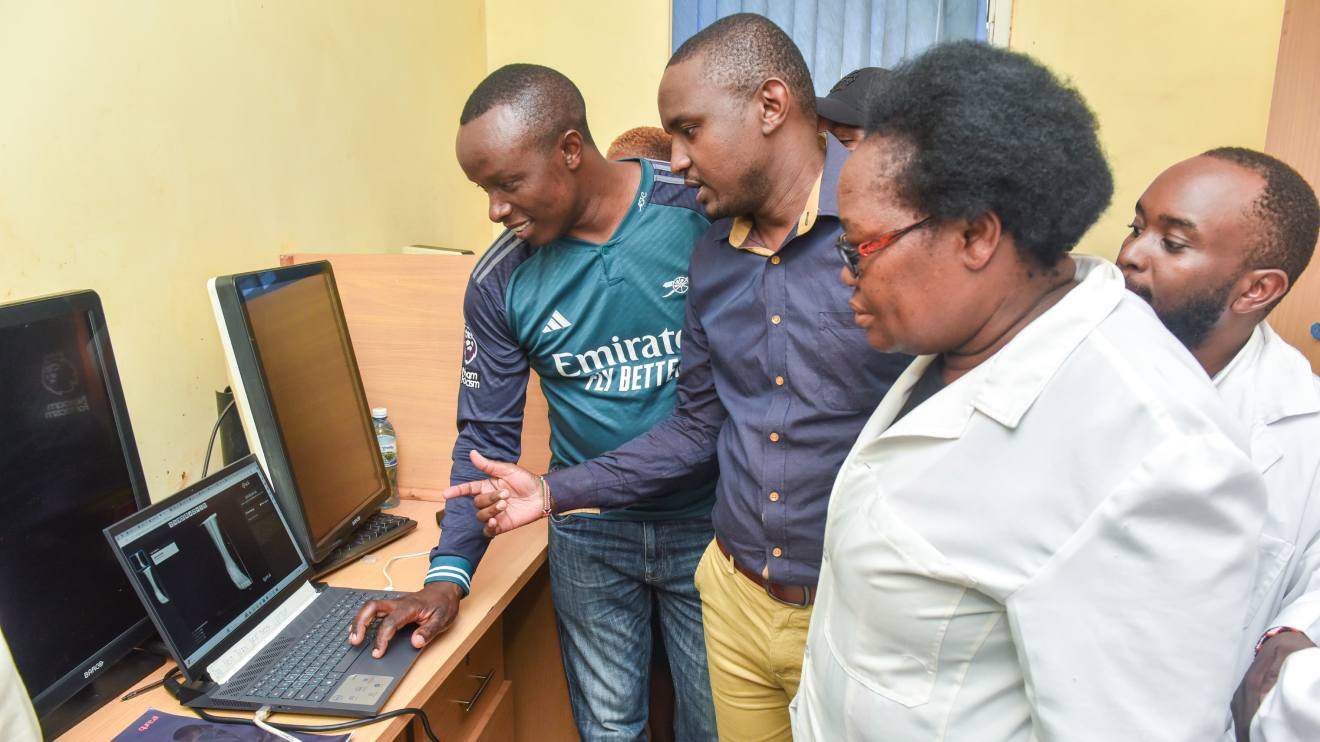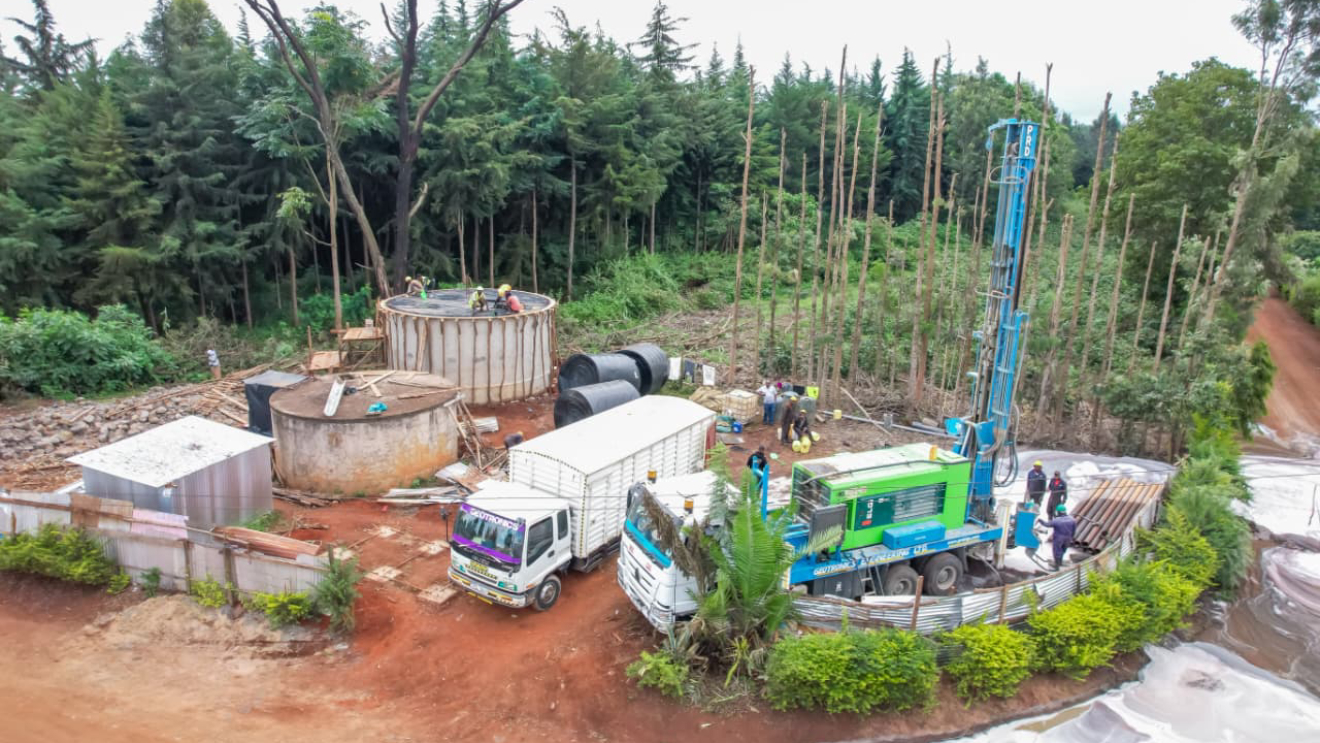Kirinyaga County has taken a significant step in revolutionizing healthcare delivery with the installation of the first Artificial Intelligence (AI) system aimed at enhancing disease diagnostics.
This state-of-the-art technology has been integrated into the radiography department at Kimbimbi Level Four Hospital, marking a milestone in the county’s healthcare services.
The AI system, embedded within the hospital’s X-ray equipment, is designed to assist healthcare professionals in diagnosing various conditions more accurately.
It comprises two main components: one that focuses on enhancing chest findings to detect tuberculosis (TB), Chronic Obstructive Pulmonary Disease (COPD), and cancer, and another that identifies musculoskeletal defects and fractures.
Dr. Hesbon Gakuo, the County Director of Health and Medical Services, highlighted the transformative potential of the new system.
Read More
"The AI program will assist radiographers to detect TB more accurately and curb human error misdiagnosis. It will act as an assistive device, detecting abnormalities in the lungs, such as TB, COPD, and cancer. It also encompasses integration into the digital X-ray machines as well as training of staff on use of the software," Gakuo stated.
The implementation of this technology at Kimbimbi Hospital is strategic, given that Mwea, a region within the county, accounted for 40 per cent of TB cases in 2023, making it a TB hotspot.
Gakuo noted that the county diagnosed 1,520 TB cases last year, with an estimated actual figure of up to 1,800 cases.
He pointed out that 75 per cent of these cases were men, attributing their higher risk to their social nature.
The AI system is expected to improve diagnostic accuracy and help in early detection and treatment of TB and other conditions.
Governor Anne Waiguru expressed her administration’s commitment to leveraging advanced technology to improve healthcare outcomes.
“AI has emerged as a valuable tool and is being used for disease detection and diagnosis, medical imaging and analysis among others. In our healthcare transformation journey, we are also adopting all valuable advances in digital healthcare technologies. Digitized healthcare presents numerous opportunities for reducing human errors, improving clinical outcomes and tracking data over time,” Waiguru said.
Additionally, the county has introduced the Hospital Management Information System (HMIS) to streamline the management of medical facilities.
This system is crucial for population health management, allowing healthcare professionals to access patients' medical histories from any location.
The AI project is a collaborative effort with the National TB Program, AMREF Health Africa, and other partners.
Plans are underway to extend the technology to Kerugoya County Level Five Hospital and other health facilities across the county.
Timothy Kandie, an ICT Officer at the National TB Program, noted the benefits of the AI system in easing the workload of clinicians.
“With the high number of patients coming in, and with the few number of radiologists in the country, this program will be able to ease the traffic as radiologists will be able to read patients' images remotely and treat patients accordingly,” Kandie explained.
The AI technology offers a comprehensive platform for TB screening, program and case management, capable of generating TB interface reports in under 15 seconds.
It functions offline with cloud sync for low bandwidth settings, supports all major X-ray formats, and provides multilingual support.
Notably, the system has demonstrated a 50 per cent cost saving on confirmatory tests, an 11 per cent increase in TB case detection, and a 90 per cent reduction in X-ray reporting time.
Currently, this WHO-validated software is deployed in over 2,100 sites across more than 90 countries.
The introduction of AI in Kirinyaga County’s healthcare system is expected to significantly enhance diagnostic accuracy, reduce human errors, and expedite the treatment process, thereby improving patient outcomes and potentially saving numerous lives.










 shares a light moment with the company's Group CEO Dr Patrick Tumbo (right) at a past event-1758121528.jpeg)
-1758116028.jpeg)
